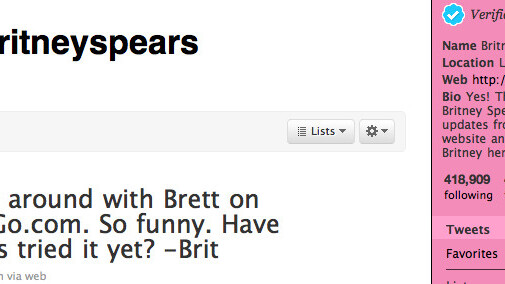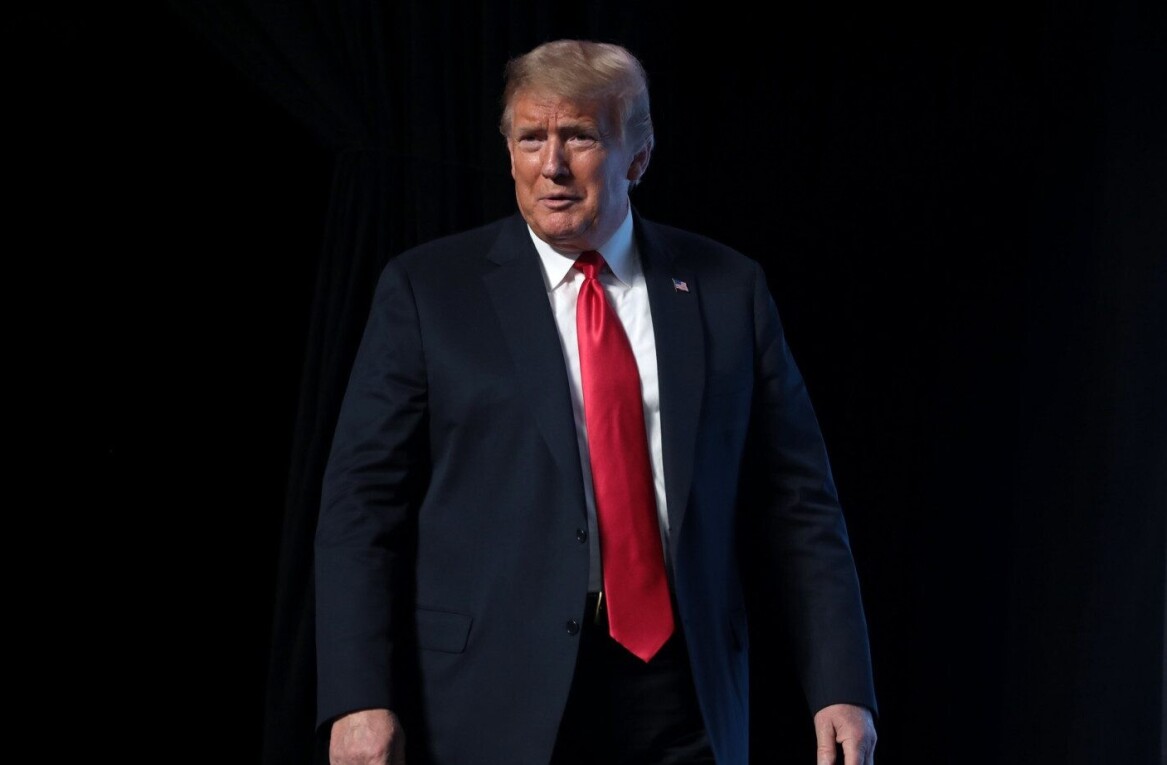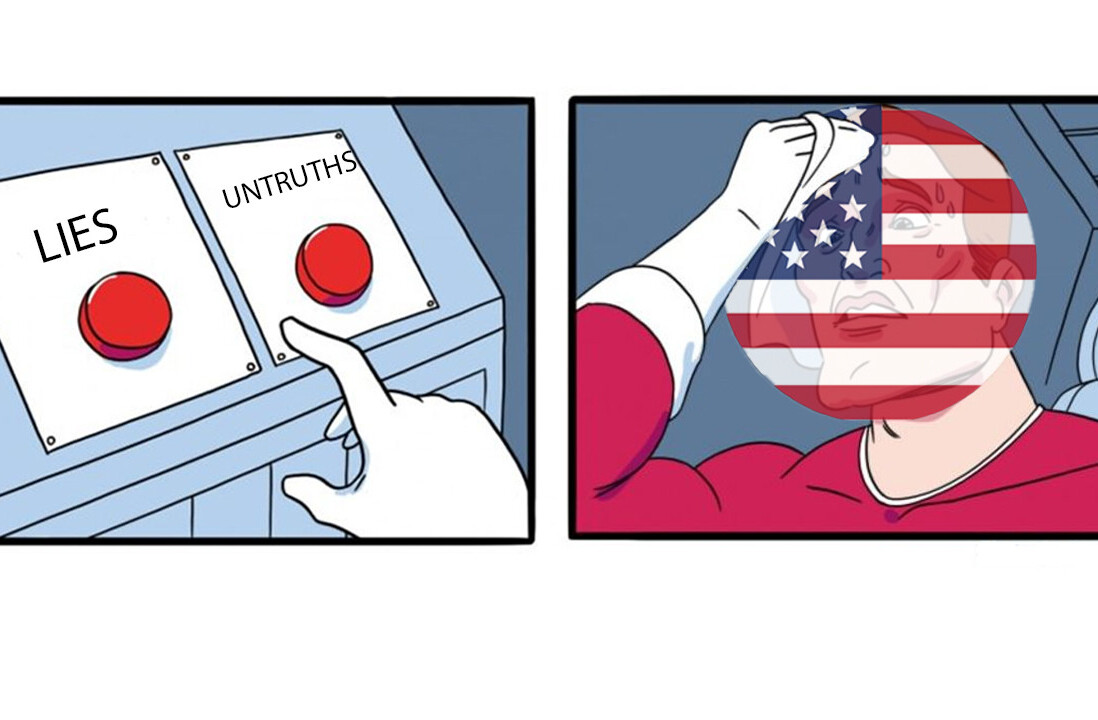
 The new Kindle is smaller overall, but with the same size screen, has a higher contrast, is lighter and the WiFi-only version clocks in an-even-poor-student-friendly $139. Amazon is selling eBooks like crazy and will most likely continue to do so. But with all of that, today’s announcement just seems like a mercurial improvement, not the kind of industry re-inventing moment that the iPad launch was less than four months ago. As such, we’re disappointed.
The new Kindle is smaller overall, but with the same size screen, has a higher contrast, is lighter and the WiFi-only version clocks in an-even-poor-student-friendly $139. Amazon is selling eBooks like crazy and will most likely continue to do so. But with all of that, today’s announcement just seems like a mercurial improvement, not the kind of industry re-inventing moment that the iPad launch was less than four months ago. As such, we’re disappointed.
We give credit to Bezos and Amazon for grinding their feet into the soil and trying to hold their ground. To them, the Kindle is an eReader – nothing more and nothing less, and that’s just fine with them. Undoubtedly, Amazon has conducted a ton of market research that points to this idea being the correct course. However, even though Amazon has defined this industry to this point, it no longer stands alone. With a new “oh-my-gosh” Kindle, however, it could have regained lots of the ground that it has been forced to give up to Barnes & Noble, Borders and most importantly, Apple over the last six months. The new Kindle, however, is more “oh” than “oh-my-gosh”.
No matter what Amazon CEO Jeff Bezos says about building one device that does one thing extremely well, or how light and cheap the Kindle becomes, the fact remains that it is another device that people have to carry. This isn’t just the Kindle’s or even a misgiving of eReaders in general – all dedicated devices face this same issue eventually. Who carries around a calculator anymore? Heck, people are even starting to leave their digital cameras at home in favor of their phones – even when they travel. Convergence, mobility and raw power are what people want: and that is exactly what smartphones and tablets are giving them. One line in the Wall Street Journal article today featuring Bezos especially caught our eye as endemic to what will most likely eventually be the Kindle’s fall. Bezos was quoted as saying:
“For the vast majority of books, adding video and animation is not going to be helpful. It is distracting rather than enhancing. You are not going to improve Hemingway by adding video snippets.”
Sure, reading Hemingway might not be improved by video snippets in-book, but what if I’m on a train/plane/automobile and I want to watch “The Old Man and the Sea” after I read the book. Obviously on a Kindle, I’m out of luck – on a iPad, well, fire up Netflix.
So a new 20% smaller and cheaper Kindle every 18 months that brings a little better reading experience isn’t going to cut it if Amazon wants to stay in the device game. They have excellent iPad/iPhone and Android apps that we’ve been applauding, a tremendous library that continues to grow at reasonable prices, but it is really hard to look at the Kindle/Nook/Kobo right now without thinking, “do I really need bring that – and my iPad?”
Note: For another view on this issue, check out our Alex Wilhelm’s posts: iPad Not On The Cusp Of ‘Crushing’ The Kindle and This Is Why The Kindle Is Winning
Get the TNW newsletter
Get the most important tech news in your inbox each week.




